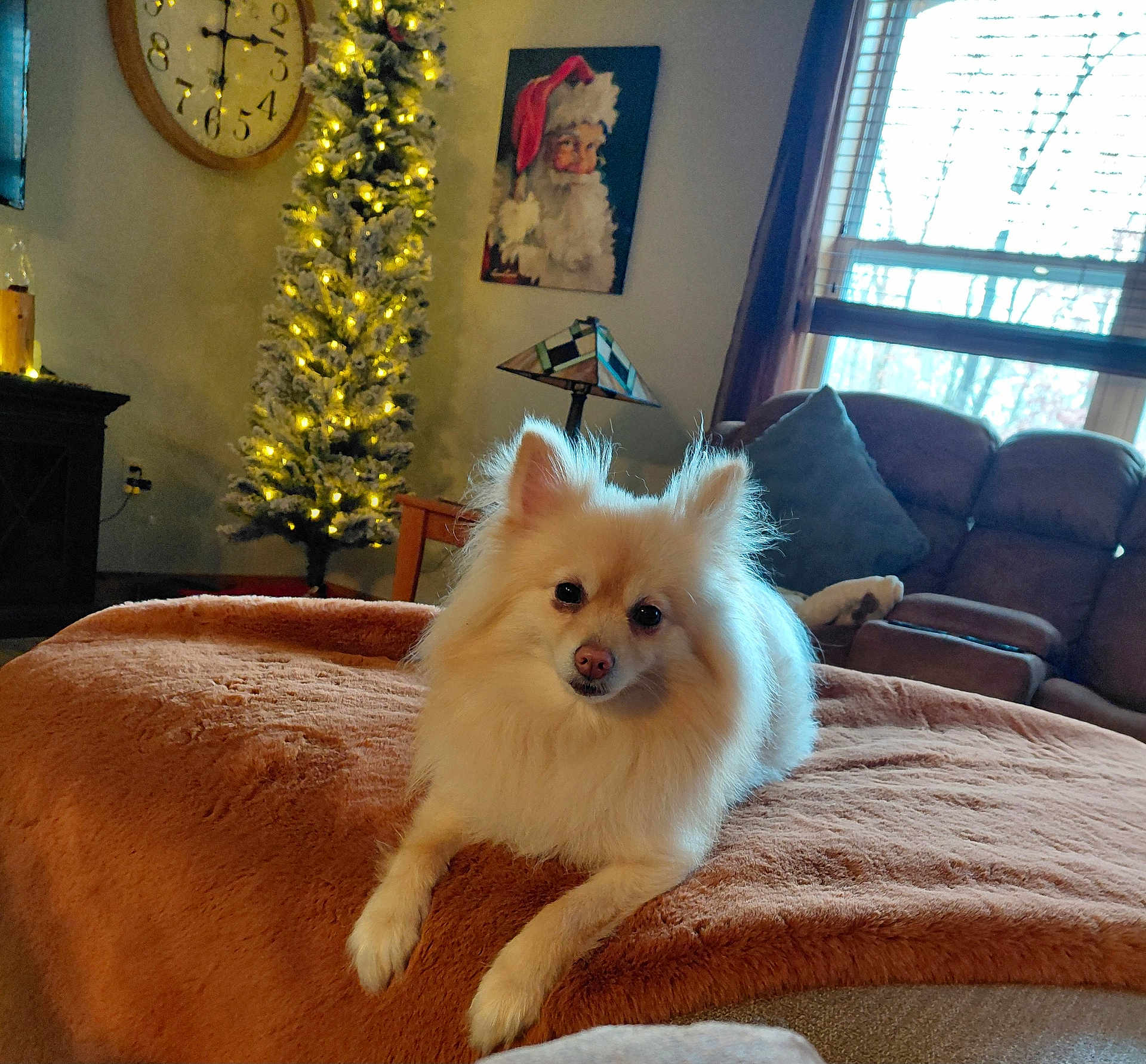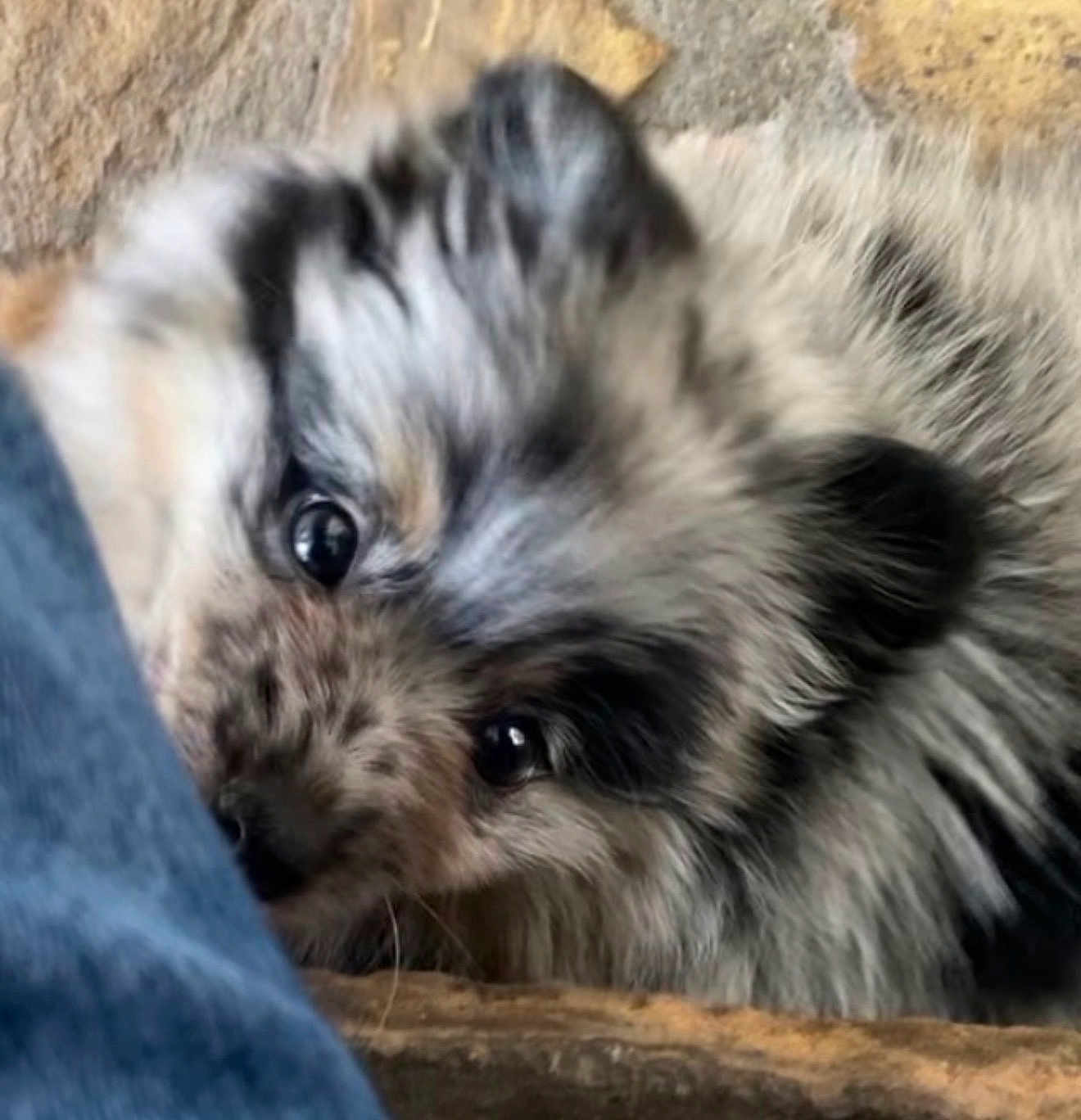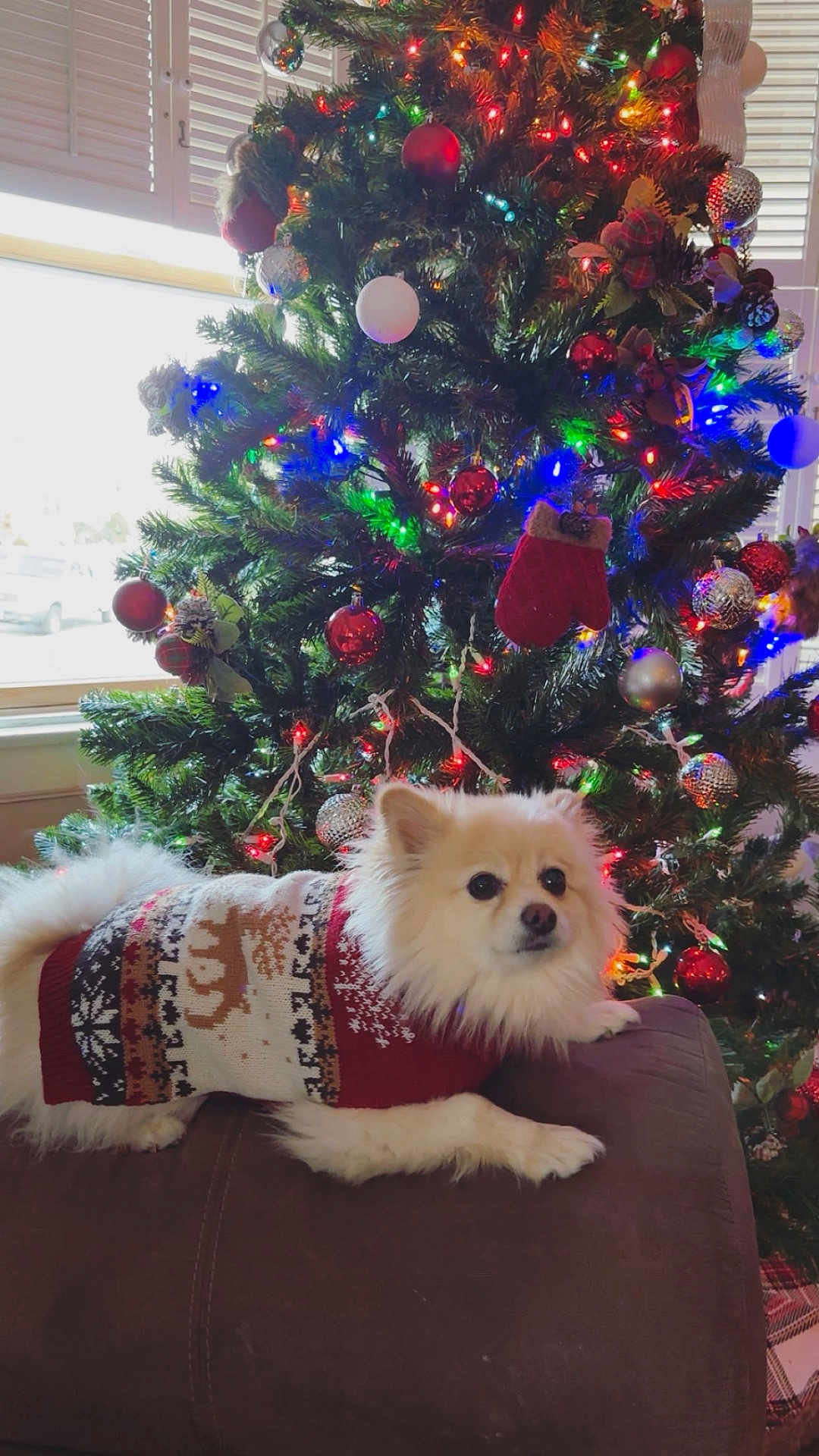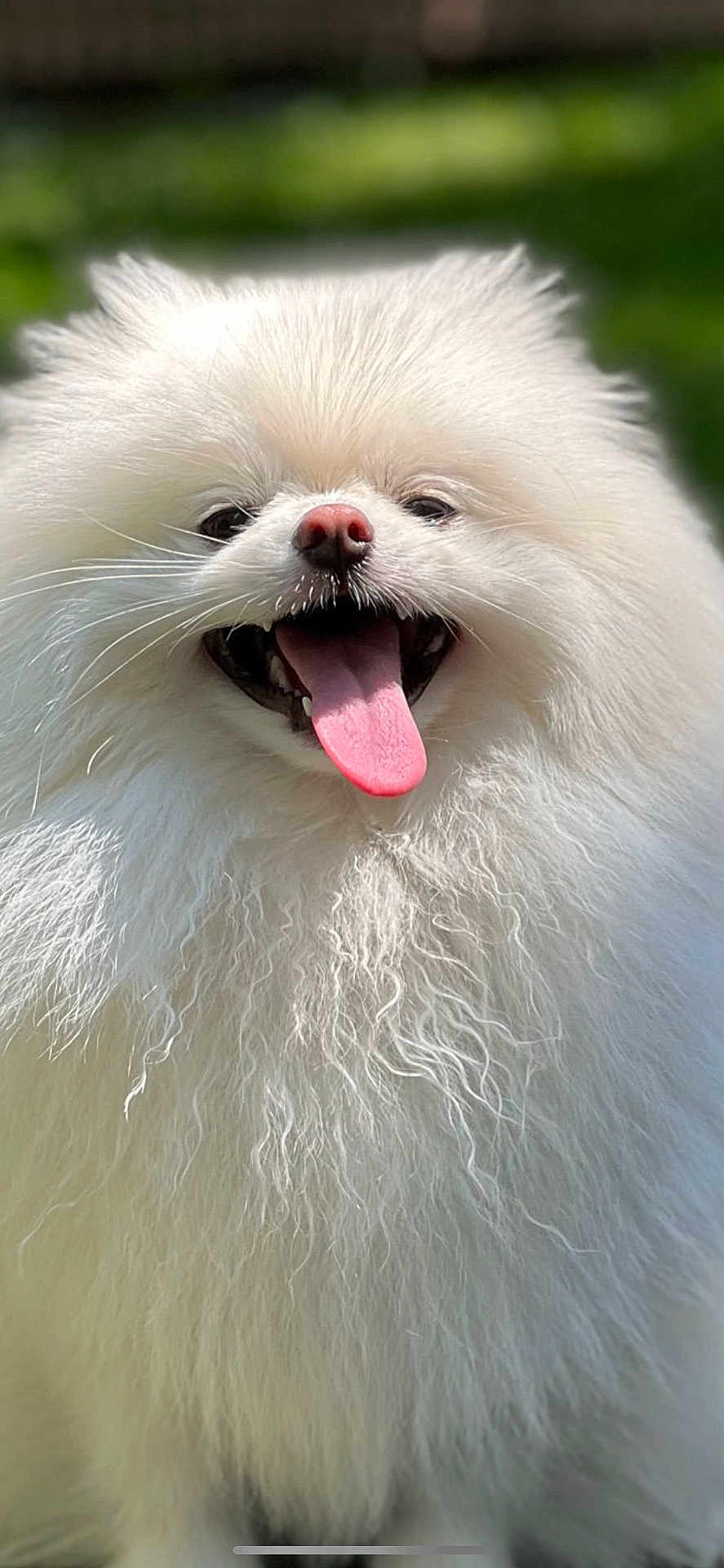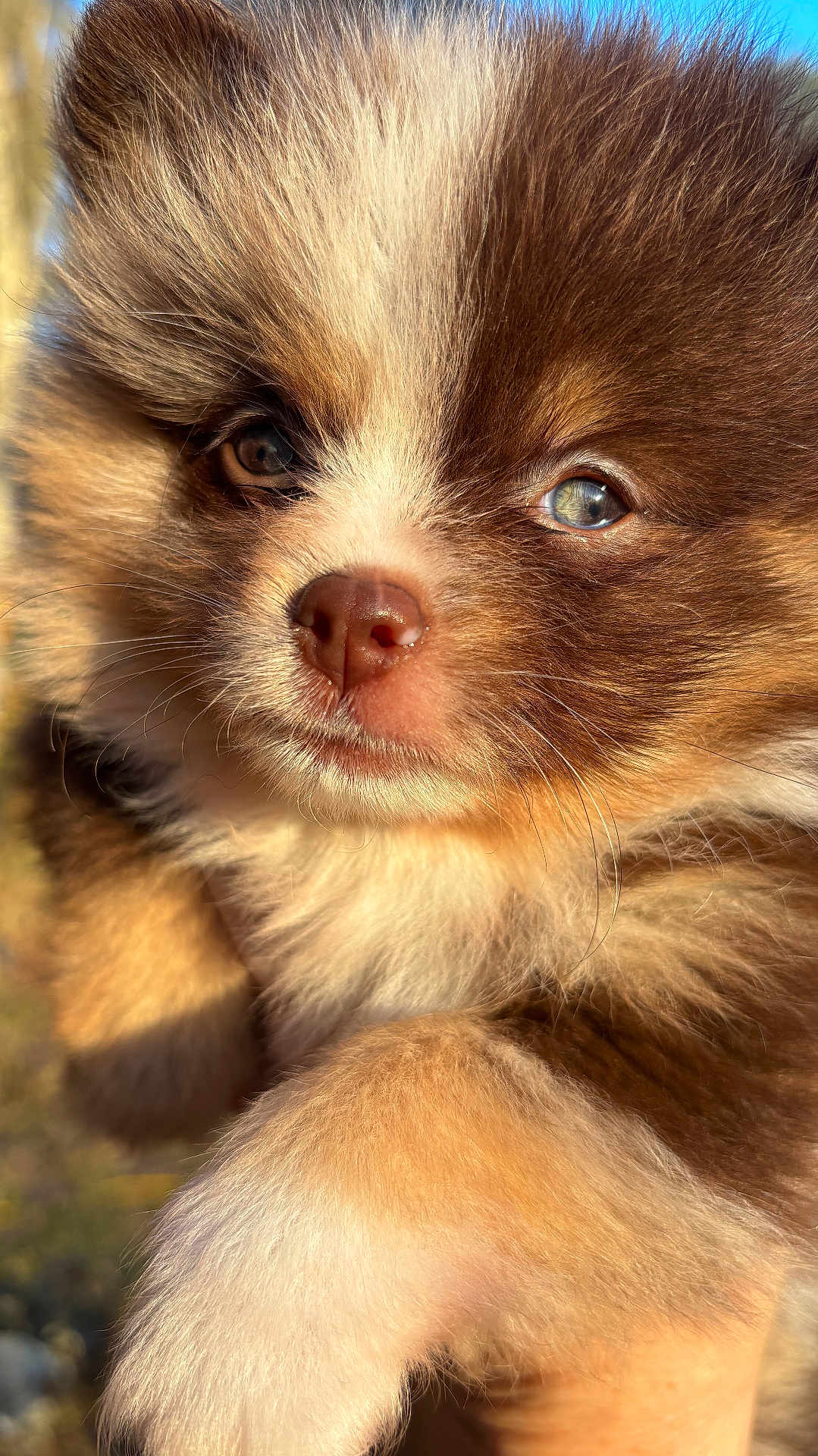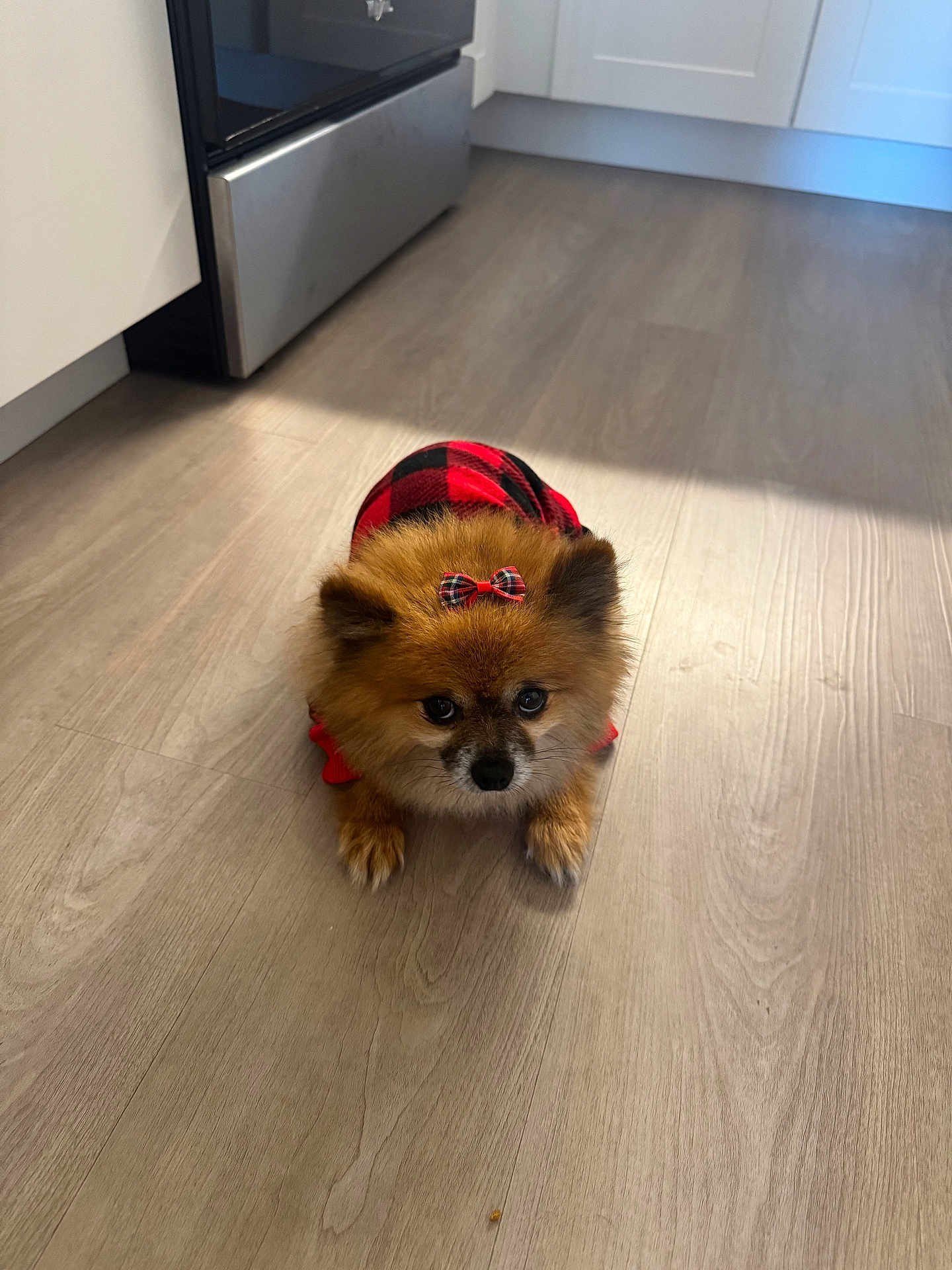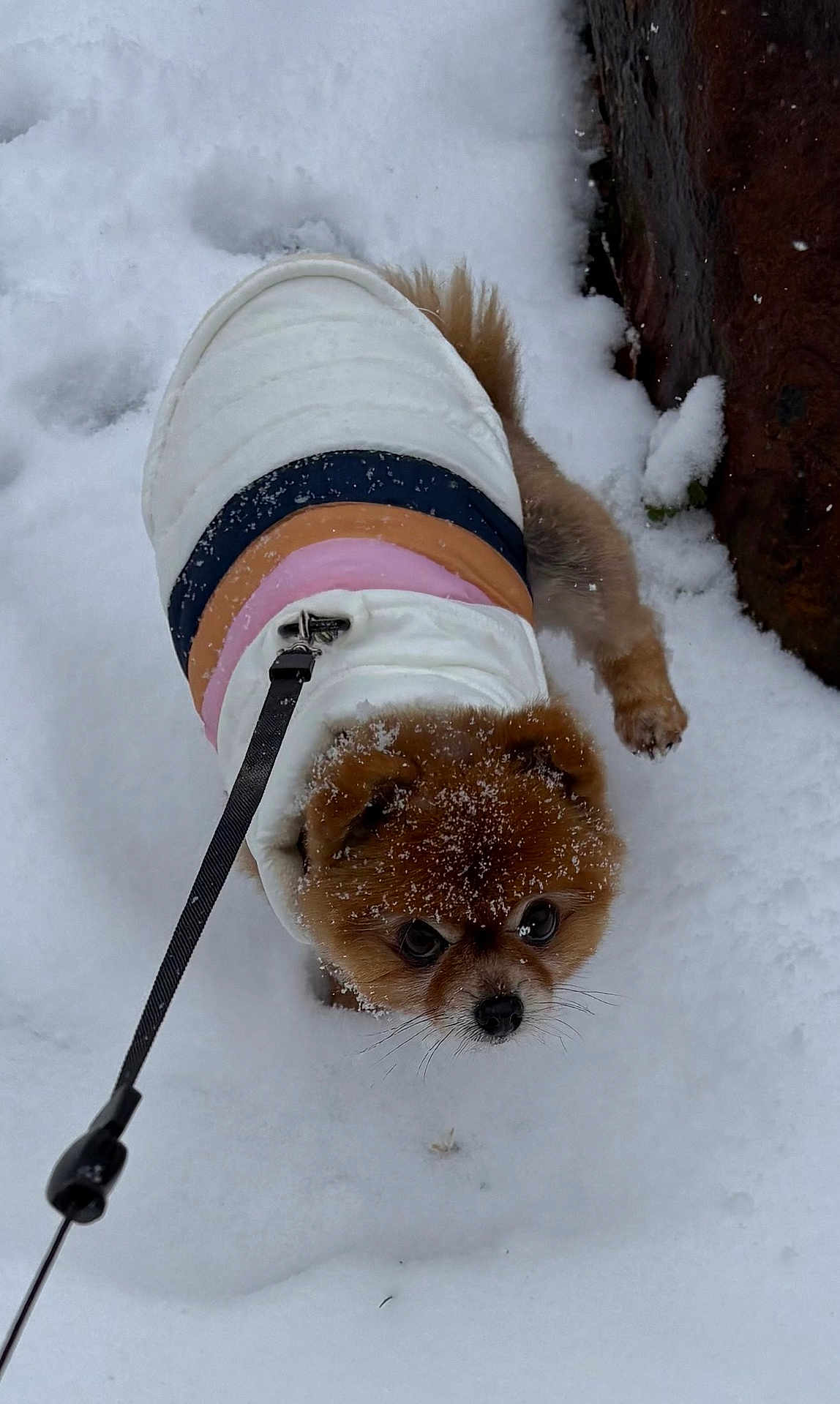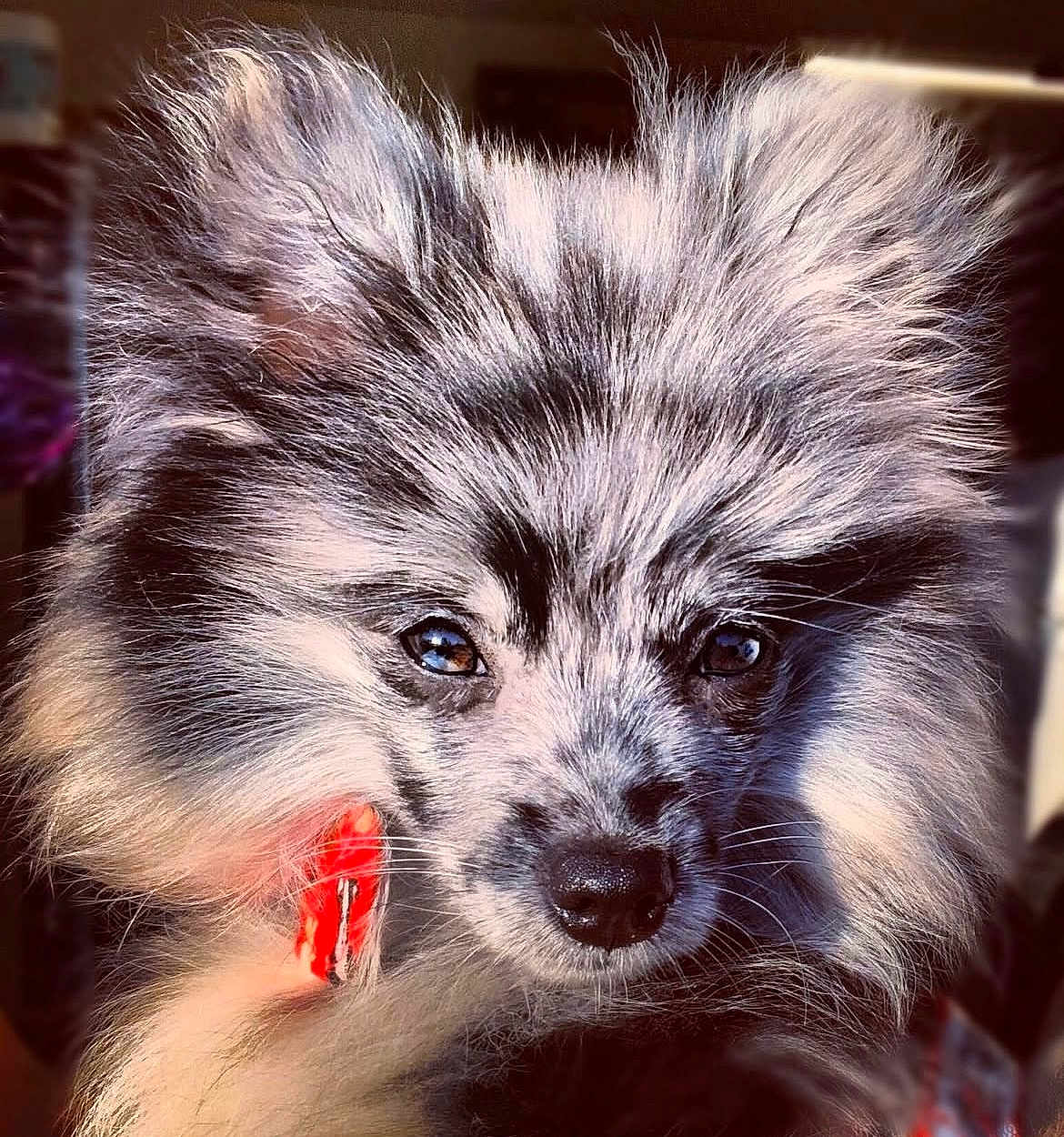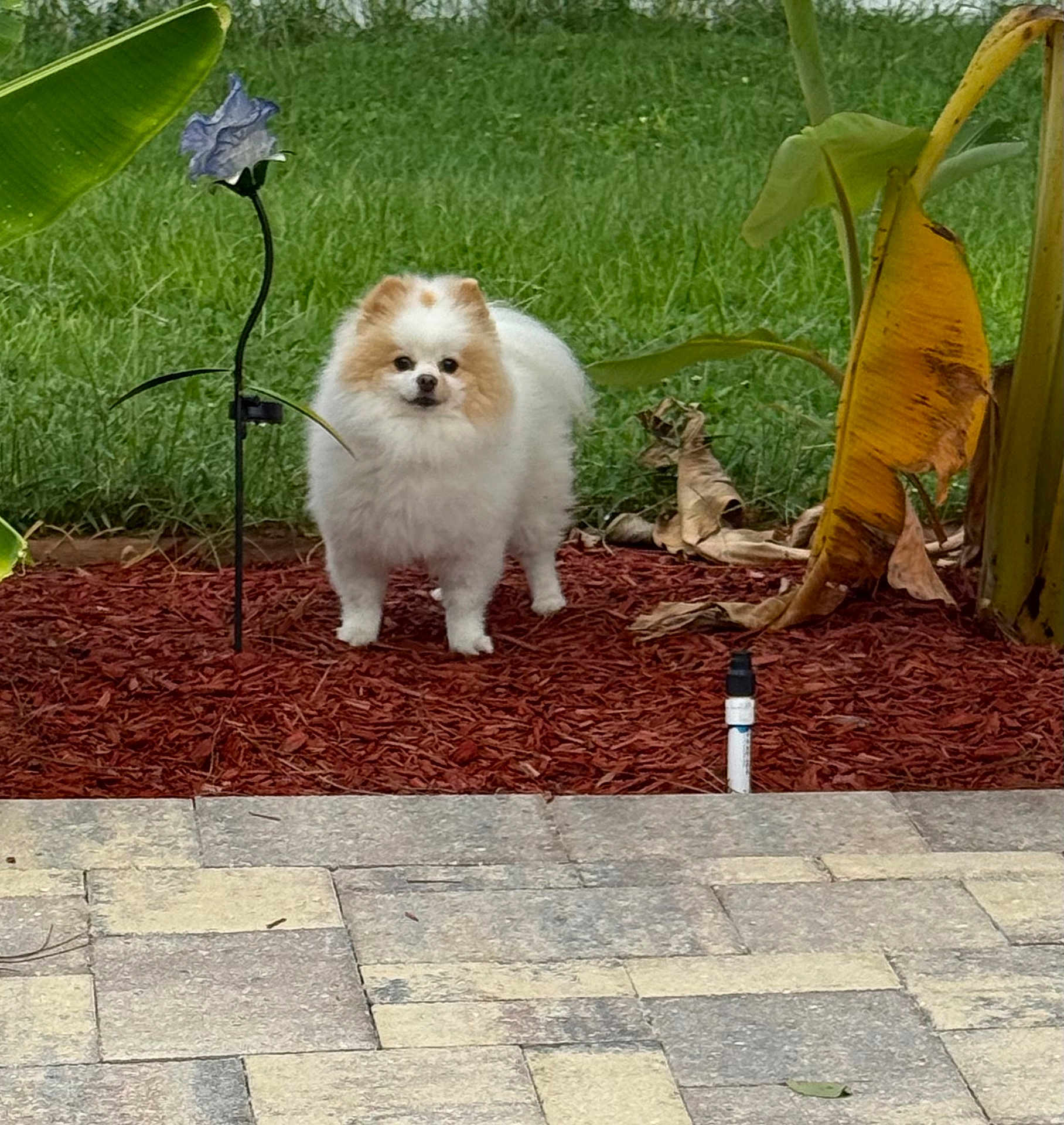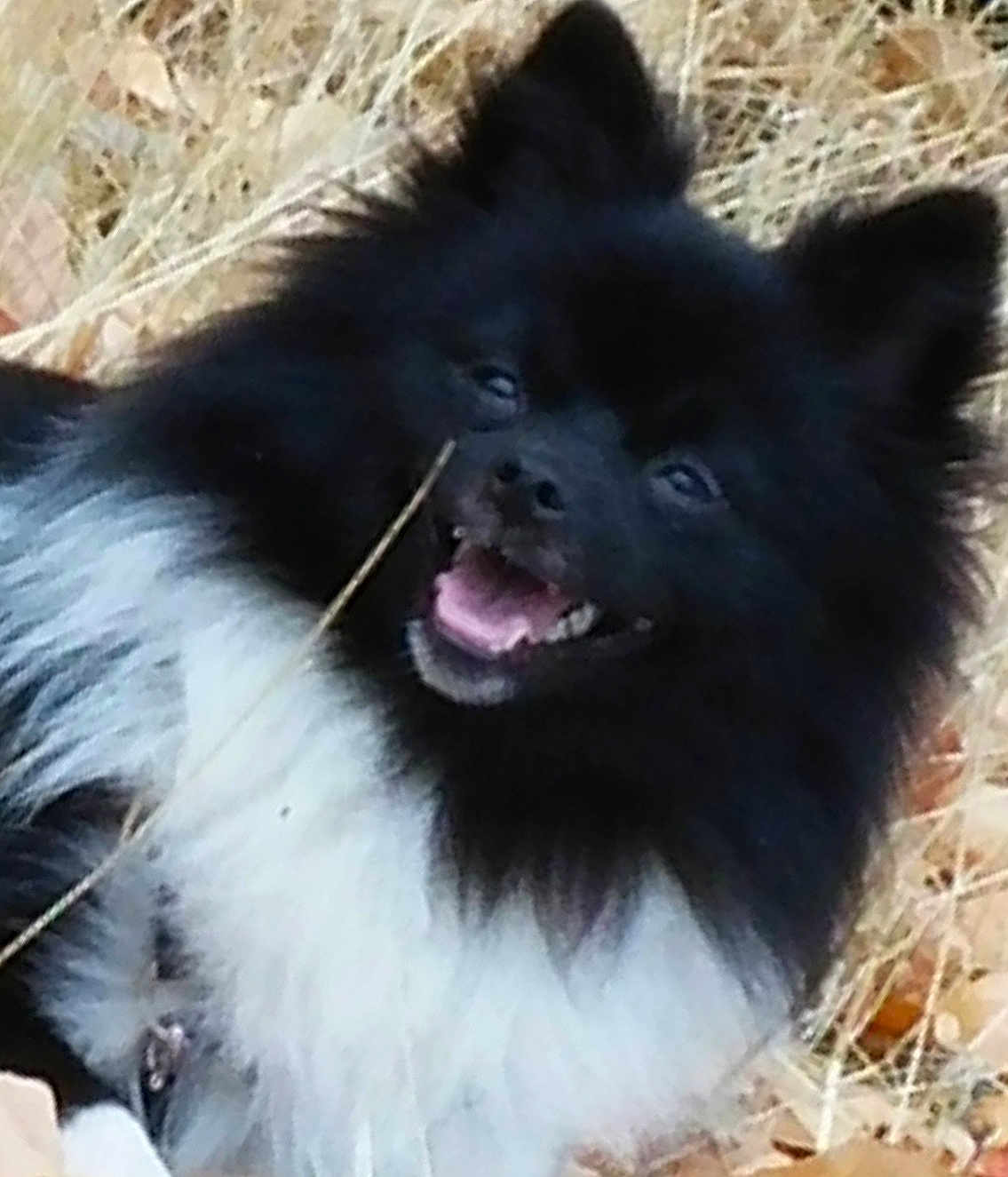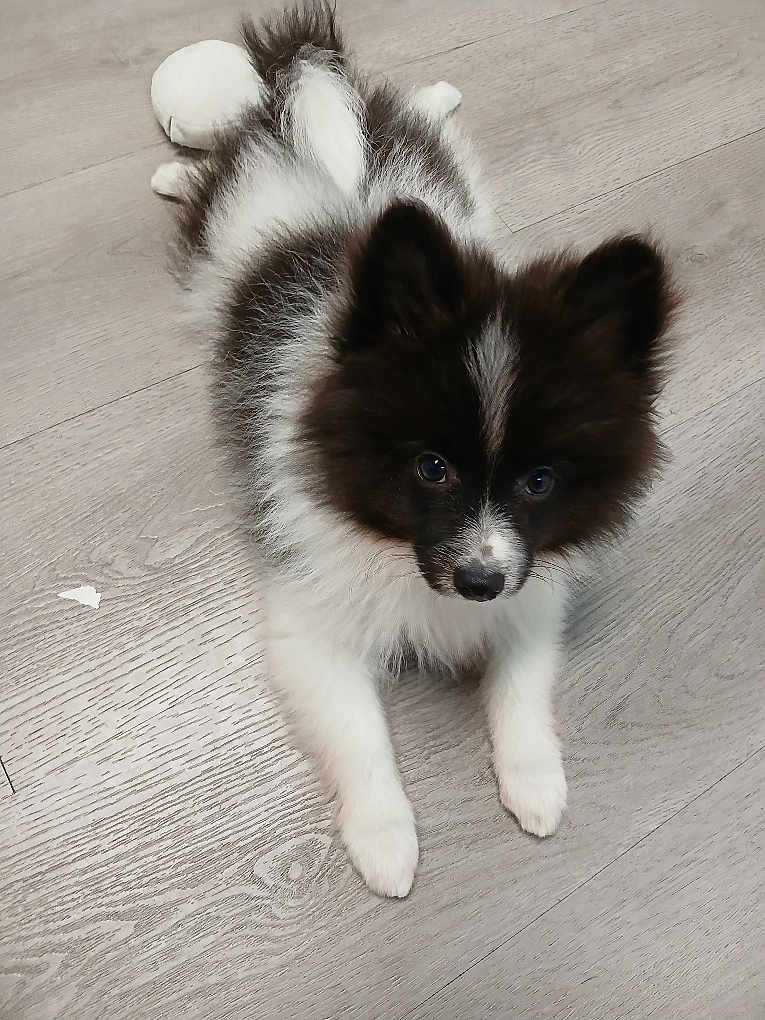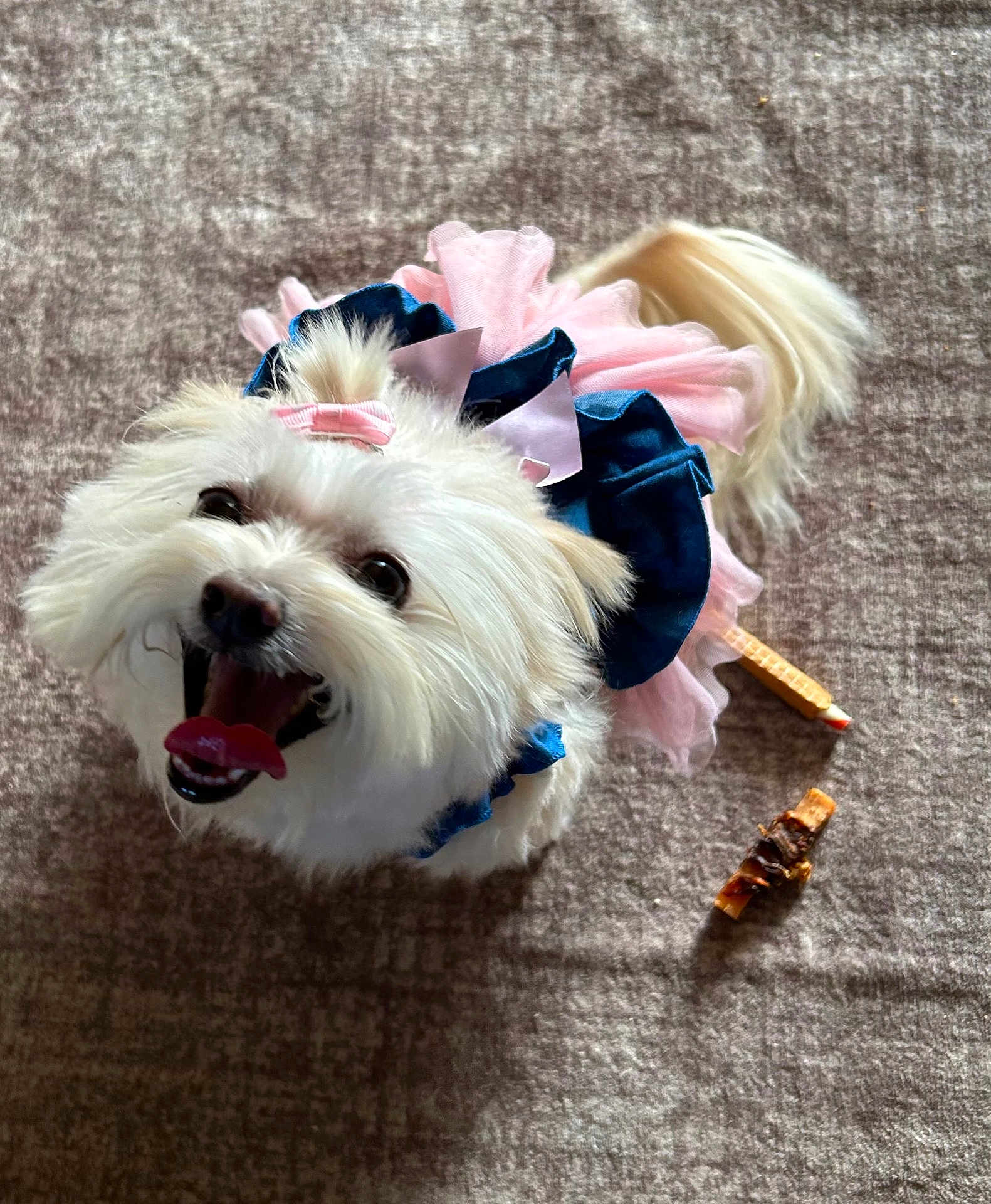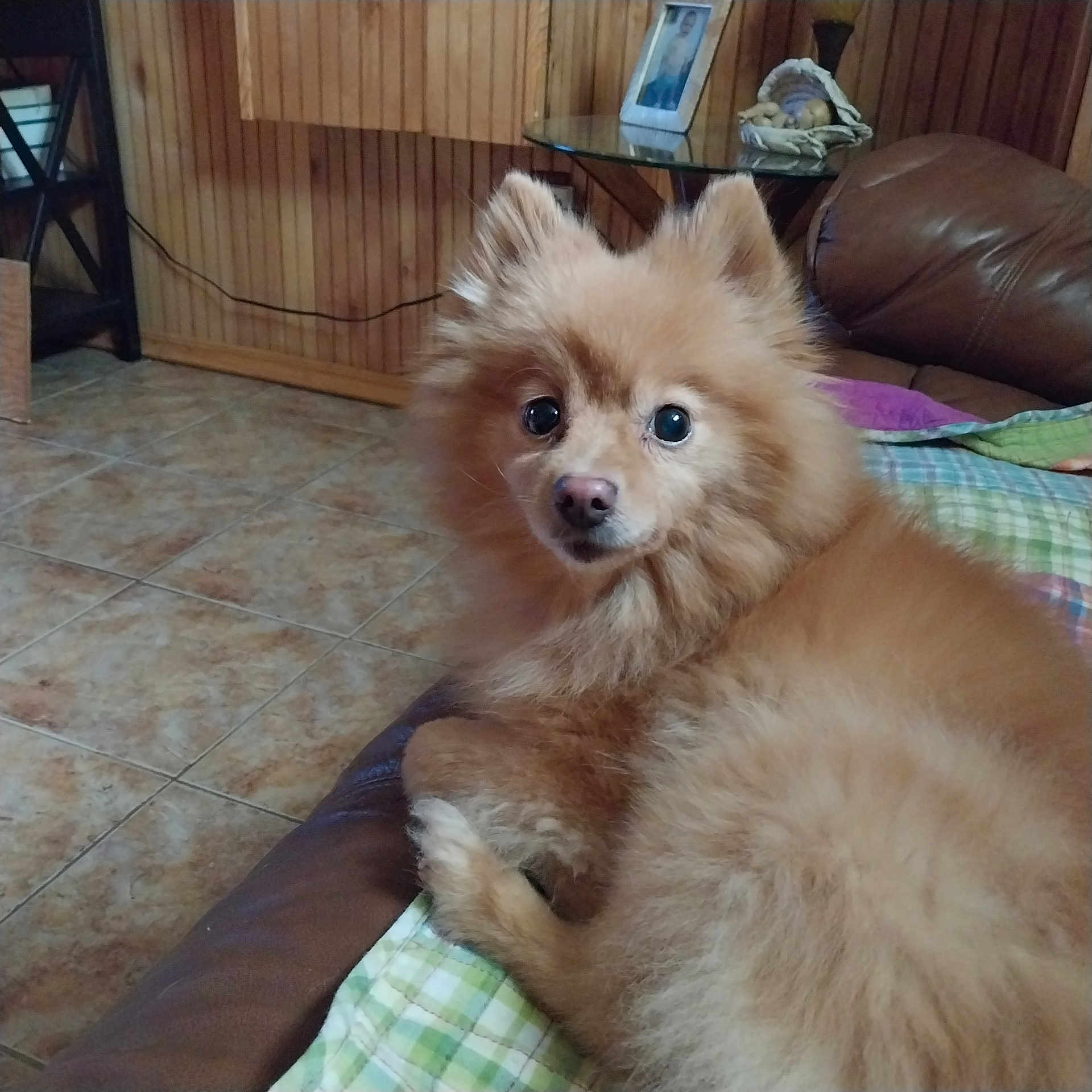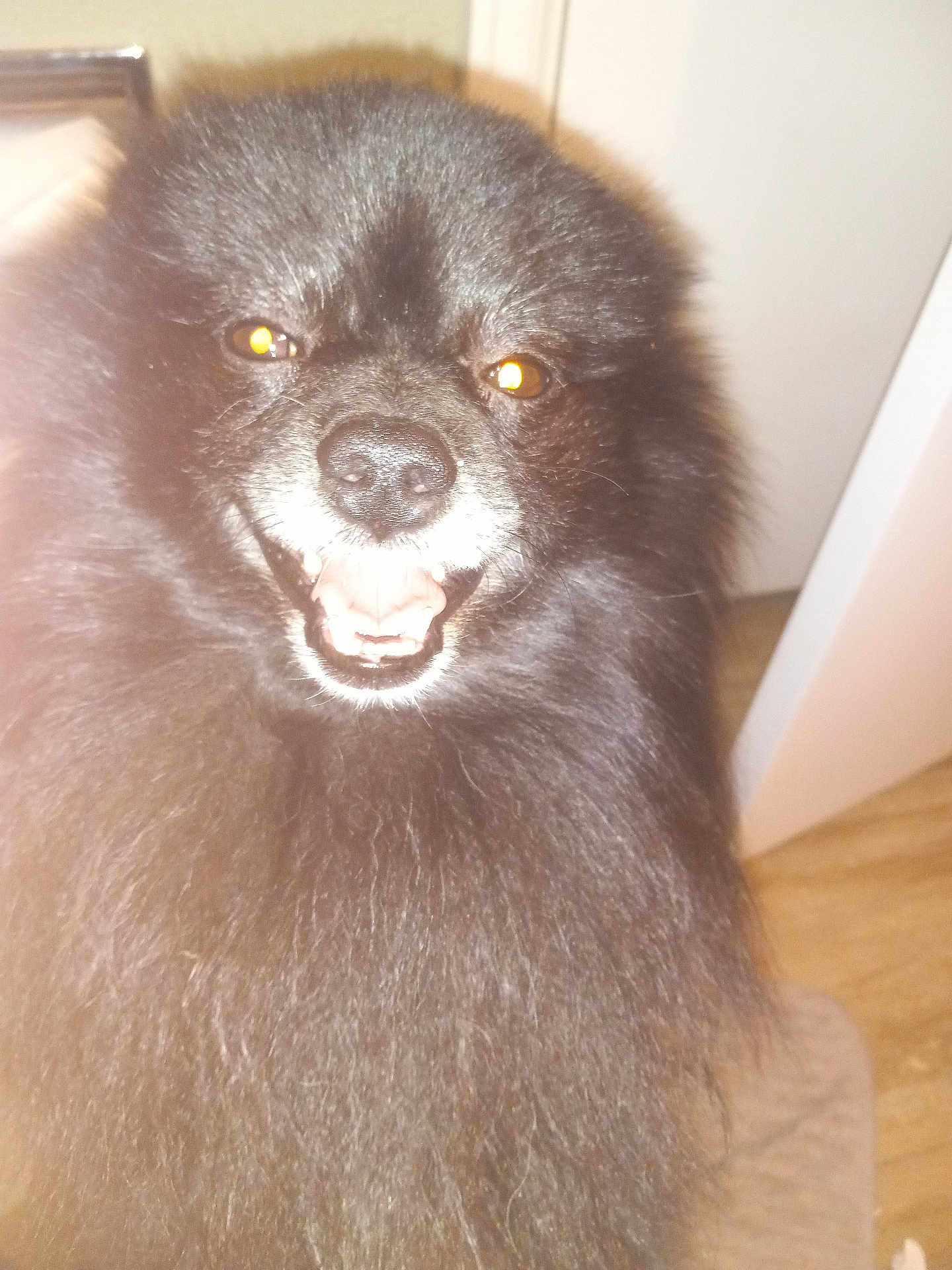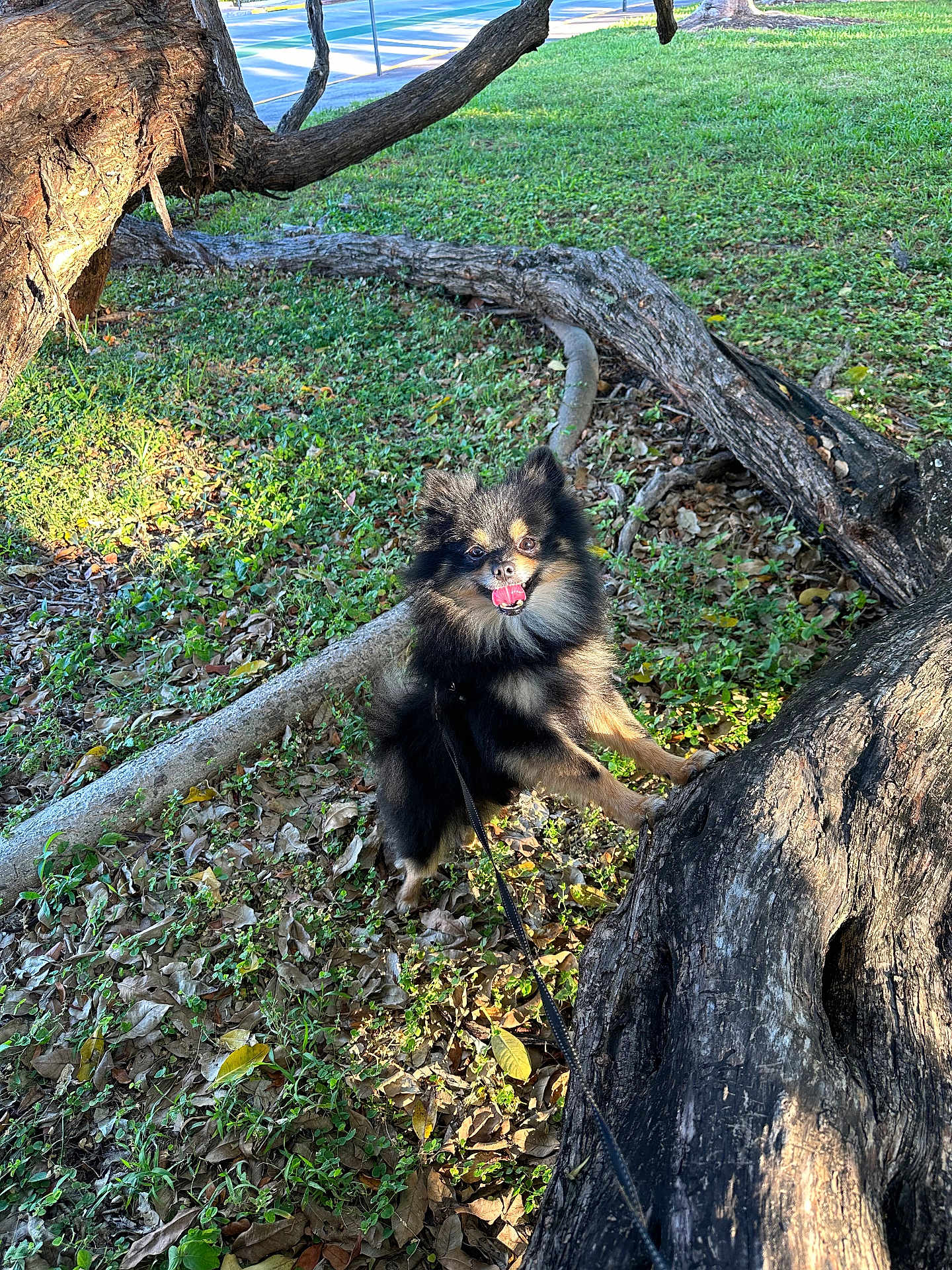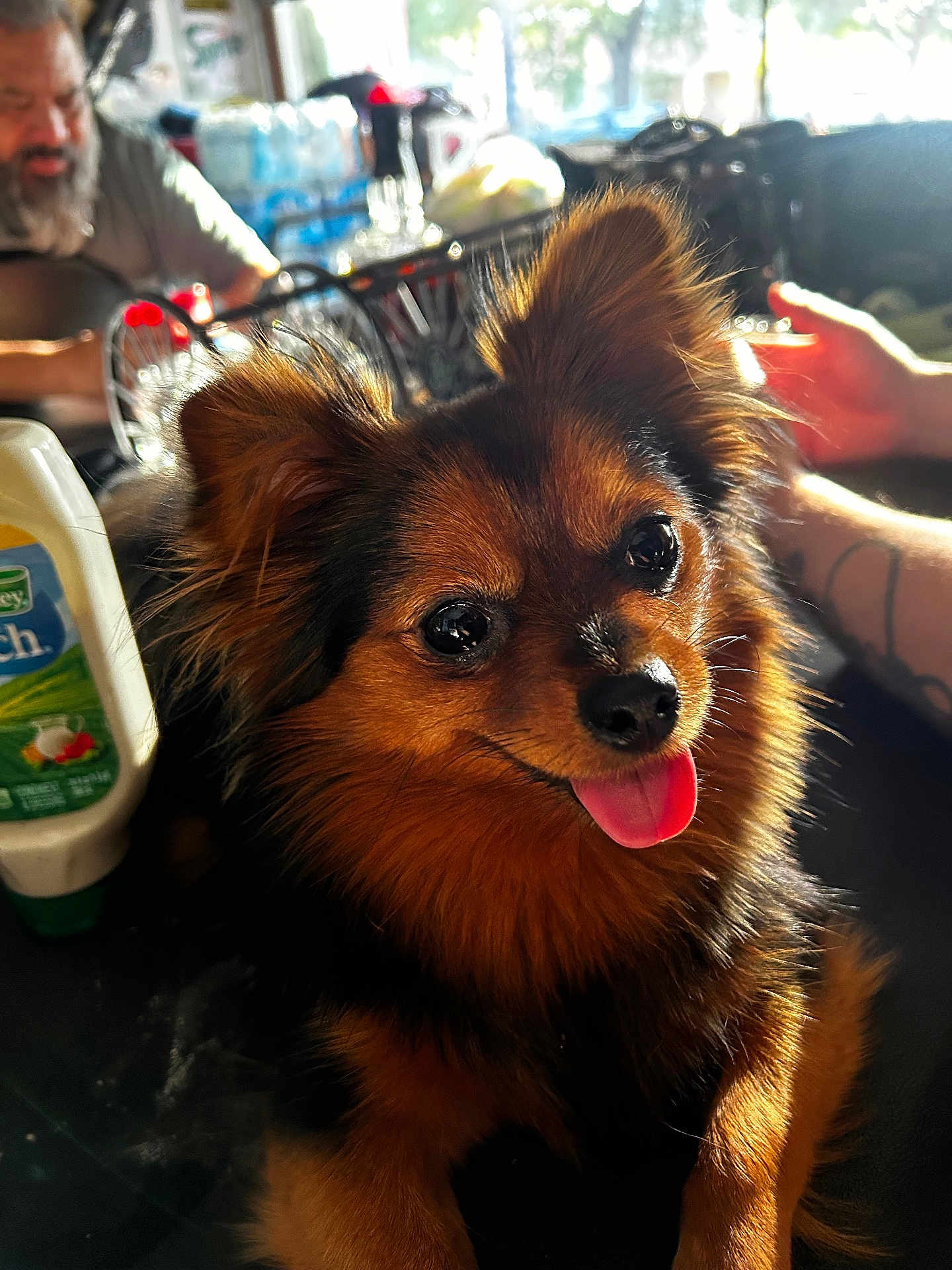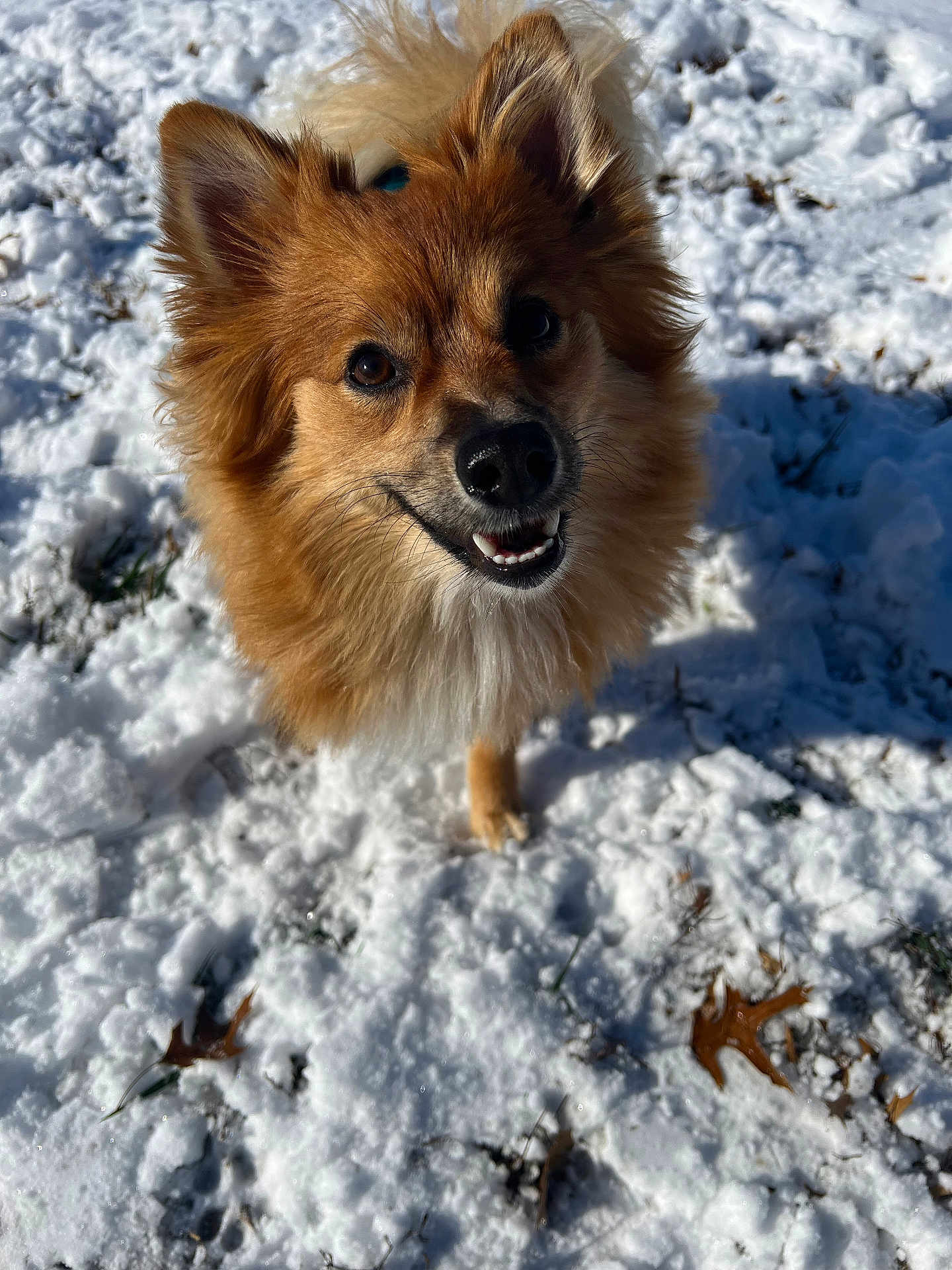
Did you know that Queen Victoria's love for the Pomeranian significantly influenced the breed's popularity in the 19th century? From palaces to everyday homes, the Pomeranian has warmed countless hearts with its striking appearance and sprightly personality. Let's dive into the world of Pomeranians and discover why they might be the perfect fit for your family.
Personality and Behavior of the Pomeranian
Pomeranians, often affectionately called "Poms," are known for their lively and vibrant personalities despite their small size. These little dogs brim with confidence and often carry themselves with a notable sense of pride. A typical Pomeranian loves to be the center of attention and isn’t afraid to strut its stuff, often commanding a room with its charming antics and spirited demeanor.
These tiny, fluffy dogs are incredibly loyal and form strong bonds with their owners. They thrive on human interaction and tend to follow their favorite people around the house, making them excellent companions. Their alert and curious nature also makes them good watchdogs; they are quick to alert their owners of any unfamiliar sounds or strangers approaching the home.
In addition to their affectionate and loyal nature, Pomeranians are extremely intelligent and inquisitive. They love to learn new tricks and can be quite agile despite their small stature. This intelligence, however, means they need plenty of mental stimulation to keep them from becoming bored and potentially engaging in destructive behavior.
One fascinating aspect of Pomeranians is their expressive faces, which often seem to reflect a wide range of emotions. This can create a deeper bond between the dog and its owner, as it becomes easy to understand how your Pom is feeling at any given time.
Meanings, History and Origins of the Name Pomeranian
The name "Pomeranian" is derived from the Pomerania region in northeastern Europe, which now forms part of modern-day Poland and Germany. This area was well known for its Spitz-type dogs, which were the progenitors of the modern Pomeranian. Originally, these dogs were much larger and were used for herding livestock and pulling sleds.
The breed’s history shifted dramatically when they caught the eye of European royalty in the 18th and 19th centuries. Queen Victoria of England is often credited with refining and popularizing the breed in its smaller, more manageable form. She owned several Pomeranians and even established a breeding kennel in which she bred them to be smaller and more fashionable for the aristocracy. Her passion for the breed influenced many others, leading to the rise in its popularity.
Given their royal patronage, it’s no surprise that the name “Pomeranian” has become synonymous with elegance and nobility. The breed’s rich history and association with European aristocracy lend an air of grace and sophistication to these adorable dogs.
Popularity of the Pomeranian
Pomeranians have enjoyed a popular status across the globe due to their delightful personality and manageable size. In English-speaking countries, the breed's reputation skyrocketed during the reign of Queen Victoria and has remained high ever since. The American Kennel Club recognized them as a distinct breed in 1888, further cementing their status in the canine world.
The Pomeranian’s popularity isn't confined to English-speaking countries. They have a significant following across Europe, with many enthusiasts in Scandinavia, Germany, and Eastern Europe. The breed’s adaptability to various living environments, from apartments to larger homes, makes it a versatile companion for dog lovers worldwide.
In Asia, the Pomeranian has also gained a strong fan base, particularly in urban areas where smaller dog breeds are more practical. Countries like Japan and South Korea, known for their love of small, toy breeds, see the Pomeranian as the epitome of cuteness and elegance.
Health and Care of the Pomeranian
Pomeranians, like all breeds, have specific health needs and potential issues to be aware of. They are generally a healthy breed with a lifespan of about 12 to 16 years. However, they can be prone to certain health conditions, including dental issues due to their small mouths, tracheal collapse, patellar luxation, and heart problems.
Regular veterinary check-ups are crucial for maintaining a Pomeranian's health. Their teeth should be brushed regularly to prevent dental issues, and it’s a good idea to provide them with dental chews. Owners should also monitor their Pomeranian's weight, as these small dogs can gain weight quickly if overfed or under-exercised.
A healthy diet rich in protein, healthy fats, and essential vitamins and minerals is key to keeping a Pom in tip-top shape. Owners should choose high-quality dog food tailored to small breeds and avoid overfeeding treats.
Their fluffy double coat also requires regular grooming to prevent matting and tangles. Weekly brushing and occasional baths will keep your Pomeranian looking its best. During shedding season, more frequent grooming may be necessary to manage loose fur.
Training and Education of the Pomeranian
Training a Pomeranian can be a rewarding experience, given their intelligence and eagerness to please. However, their independent and sometimes stubborn nature can present challenges. Starting training early, ideally when the dog is still a puppy, can help lay a strong foundation for good behavior.
Positive reinforcement techniques, such as treats and praise, work exceptionally well with Pomeranians. They thrive on attention and will quickly learn to associate good behavior with rewards. Consistency is key; the more regular and structured the training sessions, the more successful they will be.
Socialization is another critical aspect of a Pomeranian’s education. Exposing them to different environments, people, and other dogs from a young age will help them become well-adjusted and less prone to anxiety. Puppy classes can be a great way to initiate this socialization process.
Housebreaking can sometimes be challenging with smaller breeds, but patience and consistency go a long way. Using a crate for training and taking them out on a regular schedule can help speed up this process.
Whether you are enchanted by their looks or charmed by their personality, choosing the right Pomeranian involves considering your lifestyle and their needs carefully.
...
Choosing the right dog breed involves a harmonious balance between your lifestyle, living space, and the dog's unique characteristics. Pomeranians, with their lively personalities and manageable size, are an excellent fit for many families and singles alike. Their rich history, unwavering loyalty, and endearing habits make them a beloved choice for dog owners around the world.
We frequently see Pomeranians participating in KingPet contests, celebrated for their expressive faces and charming demeanor. If you are contemplating adding a Pomeranian to your family, rest assured that their companionship comes with boundless joy and heartfelt moments, making every day brighter.
































